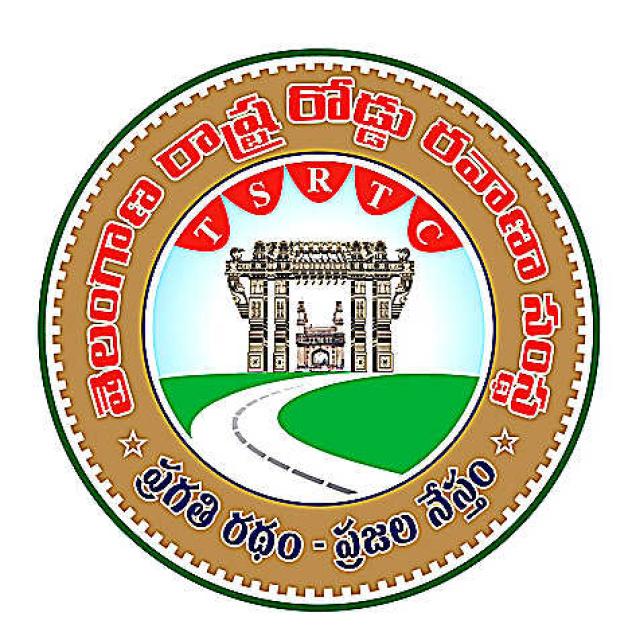Rising costs, pending dues, choke Telangana RTC
By Newsmeter Network
Hyderabad: Rising cost, coupled with the non-release of dues by the state government and the non-viability of the hired buses, is taking a toll on the Telangana State Road Transport Corporation (TSRTC). The coaches hired by the TSRTC has become a burden for the transport corporation as it is causing a loss of Rs 41 lakh per day. According to official data, despite an increase in earnings, the high cost is taking a toll on the corporation. For instance, the gross earnings per km rose to Rs 39.35 in May 2019 from Rs 33.90 in May 2018. But, the cost per kilometre rose much higher, eroding the margins of the corporation. The cost per kilometre increased to Rs 42.89 in May 2019 from Rs 39.67 in May 2018. Though earnings rose 16.07 per cent as against eight per cent increase in costs, the ‘other factors’ affected the financial performance.
Raising concerns, an expert said, “If the share of the buses under hire with the RTC goes to 30 per cent as the Chief Minister has proposed, from the existing 20 per cent, the road transport corporation will never recoup from its mounting losses.”
With 50,317 employees on rolls, the TSRTC records remarkable performance in operational efficiency. One-third of Telangana depends upon the road transport corporation that transports nearly one crore passengers a day. The rate of accidents per one lakh kilometre is a mere 0.06.
An expert said, “Why would a corporation with such an excellent performance record become debt-ridden? Had the state government pays all its dues promptly, the TSRTC would have been functioning smoothly.”
The potential in the expansion of new routes is encouraging as about 844 villages in Telangana are still unconnected with TSRTC. The average daily earnings are Rs 11.38 crore on an average daily coverage of 35.29 lakh kilometres.
Analysing the situation an expert said, “The huge turnout of daily passenger traffic, many kilometres covered and operational efficiency, I don’t think there is any reason for the TSRTC to become debt-ridden. The TSRTC is suffering mostly due to the hired buses and the non-payment of dues by the state government.”
Private buses hired by the TSRTC comprise about 20 per cent of the total fleet.
The TSRTC spends about Rs 1,000 crore on the maintenance of the hired buses in addition to paying Rs 450crore towards motor vehicle (MV) tax.
Generally, the vehicle owner has to pay MV tax, insurance and maintenance expenditure. But the situation is different. The TSRTC takes care of everything in addition to paying the amount of hiring the bus to the owner. As a result, the TSRTC is forced to cough up over Rs 2,500 crore towards insurance premium, MV tax and maintenance expenditure of buses hired by it.
Why should the TSRTC pay Rs 1,100 crore towards the maintenance of hired buses and Rs 450crore towards MV tax and insurance premium? The amount it earns via fares is being used by the TSRTC to bear the expenditure of hired buses. Why is the TSRTC giving benefits to the private bus owners at the cost of its future?" asked a union leader.
The revenue from hired buses per kilometre is Rs 29.39 as against the expenditure of Rs 34.73. The hired buses travel the profitable routes where the conditions of roads are much better. The corporation runs its buses on routes that have Kacha roads. Hired buses are not operated in the twin cities, as in Greater Hyderabad the vehicular movement is high and the roads have many speed breakers.
The average occupancy ratio (OR) is 77 per cent and the average revenue per bus per day for an RTC bus is Rs 13,121 as against Rs 10,544 for the hired bus.
The TSRTC has a total fleet of 10,460 buses including 8,357 RTC buses and 2,103 hired buses.
TSRTC management on Tuesday issued a notification inviting tenders from private bus owners as it is looking to hire over 1,000 buses.
Also Read: https://newsmeter.in/hello-hyderabad-your-jubilee-bus-station-is-under-mortgage/